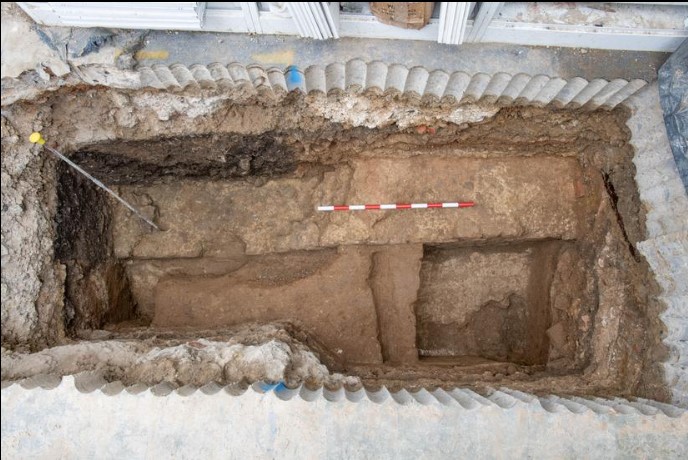Research from Tel Aviv University brings hope in cancer prevention. High-intensity exercise like interval training could stop cancer from spreading through the body.
The research team found that intense exercise creates a protective effect in a surprising way. It makes your body’s organs better at using sugar for energy. This means less fuel is available for cancer cells to grow and spread.
“Now we can explain how exercise prevents the most dangerous types of cancer,” says Prof. Carmit Levy, who led the study with Dr. Yftach Gepner at Tel Aviv University.
The study tracked 3,000 people for 20 years. Those who did regular high-intensity exercise had much lower rates of spreading cancer compared to inactive people.
But what exactly is “high-intensity” exercise? Dr. Gepner explains: “You need to get your heart rate up to 80-85% of its maximum, even if just for short bursts. Think of doing a one-minute sprint, then walking to catch your breath, then sprinting again.”
Similar Posts
The science behind this is straightforward. When you exercise hard, your muscles need lots of sugar for energy. Your internal organs also start demanding more sugar. This creates a competition for fuel inside your body. Cancer cells, which normally consume lots of sugar, suddenly find less fuel available.
Even more interesting, regular exercise permanently changes your organs. “Your body tissues actually begin to work more like muscle tissue,” explains Prof. Levy. “This makes it harder for cancer to spread throughout the body.”
The research team tested this in multiple ways. They looked at lung, liver, and lymph node tissues. In each case, exercise made these organs better at using sugar for energy. This left less fuel for potential cancer cells.
Previous studies showed exercise could lower cancer risk by about 35%. This research reveals both a bigger benefit – 72% reduction in metastatic cancer risk – and explains why it happens.
“What we’ve found is remarkable,” says Dr. Gepner. “Exercise is more effective at preventing cancer spread than any medication we currently have.”
The implications are significant for cancer prevention. Doctors may review family histories to recommend the right kind of physical activity for specific cancers, as suggested by the research findings. The core message from the study remains clear – regular high-intensity exercise helps protect against cancer’s spread through basic changes in how our bodies use energy.

These findings suggest exercise could become an important tool in preventing cancer spread. The research helps explain the biological mechanisms behind how high-intensity exercise protects against metastatic cancer.
The study shows that interval training – specifically one-minute sprints followed by walking periods – can be an effective form of exercise for these benefits, as demonstrated in both the human and laboratory studies.
The study was published in the journal Cancer Research, where it earned the cover story position. This highlights the importance of these findings in the medical community’s understanding of cancer prevention.
The research provides solid evidence that regular high-intensity exercise isn’t just good for general health – it actively helps prevent one of medicine’s most challenging problems: the spread of cancer through the body.


















